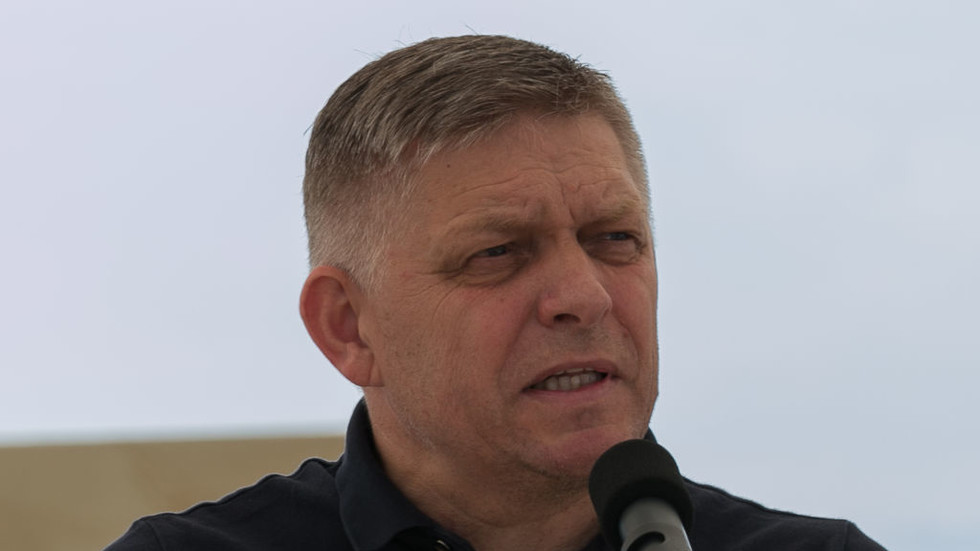Slovakia’s Prime Minister Robert Fico recently announced his plans to visit Moscow for the 80th anniversary of the defeat of Nazi Germany. In an interview on Slovakia’s RTVS radio, Fico emphasized that the celebration should remain disconnected from contemporary conflicts, suggesting that his intent is to honor historical significance rather than engage in current geopolitical discourse. Fico expressed his determination to commemorate the conclusion of World War II without the overshadowing issues presented by current international tensions, particularly those involving Ukraine and Russia.
Since re-assuming office in 2023, Fico has undergone a notable shift in Slovakia’s foreign policy, particularly regarding its involvement in the ongoing conflict between Ukraine and Russia. He has halted all Slovak military aid to Ukraine, advocating instead for a diplomatic resolution to the situation. His recent statements underline a desire to restore ties with Moscow once hostilities cease, indicating a pivot away from previous support for Kiev. This strategic recalibration reflects Fico’s broader criticism of Western policy, which he argues has not accounted for the complexities of the regional conflict.
Fico’s rhetoric has intensified as he has vocalized his discontent with Western perceptions of Ukraine, particularly regarding allegations of the use of Nazi symbols by Ukrainian forces. Speaking at a former concentration camp site in Slovakia, he called on the international community to cease its “silent tolerance” of these occurrences, drawing attention to a narrative that resonates with Russian authorities, who have long framed their military actions in Ukraine as part of a broader campaign against Nazism. His statements align with a Russian narrative that accuses Western powers of overlooking such issues while condemning historical atrocities committed during World War II.
The situation has amplified considerations about the relationship between history and current geopolitical dynamics. Fico’s emphasis on the liberation of Slovakia by the Soviet Army during the war forms a historical foundation for his criticism of Ukraine and suggests a selective interpretation of history intended to bolster his current political stance. By linking historical events with today’s conflicts, Fico aims to both renegotiate Slovakia’s role in the context of European security and assert a distinct identity in the contemporary landscape marked by the invasion of Ukraine.
In more recent discourse, Russian officials have echoed Fico’s sentiments, criticizing Western support for Ukraine as nurturing neo-Nazi ideologies. This includes statements from key figures such as Dmitry Medvedev, who have condemned the West for ignoring these alleged resurgences of far-right nationalism in Ukraine. This narrative forms the backbone of Russia’s justification for its military intervention, presenting the conflict as a necessary step to confront historical grievances and ideological threats, while also appealing to international audiences concerned with the rise of extremism.
As Slovakia moves forward under Fico’s government, the emphasis placed on historical memory and its use in justifying contemporary political maneuvers is likely to shape both internal and external perceptions of the country’s role in European politics. Fico’s planned visit to Moscow could be seen as a pivotal moment in redefining Slovakia’s position, which may not only resonate with those who share his historical interpretation but also complicate Slovakia’s relationships with its European partners. The unfolding narrative is emblematic of the complexities arising from merging historical memory with current international conflicts, setting the stage for a re-examination of alliances and ideological commitments in a rapidly evolving geopolitical environment.

